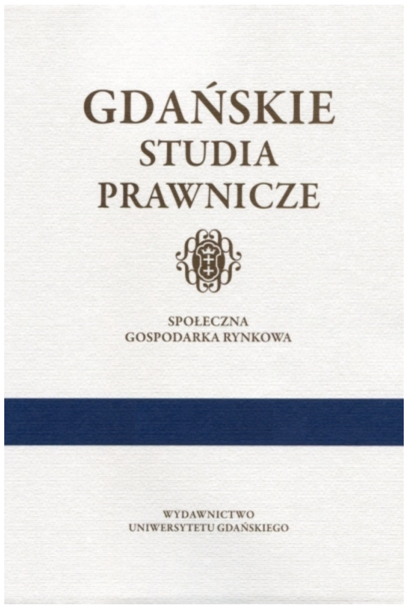Naród, państwo, partia i wódz – podstawowe założenia ustroju nazistowskich Niemiec w wybranych publikacjach polskich prawników dwudziestolecia międzywojennego (syntetyczna rekonstrukcja)
Nation, the state, the party and the leader- the basic assumptions of the Nazi regimes in Germany in the selected publications of the interwar Polish lawyers
(synthetic reconstruction)
Author(s): Krzysztof GrajewskiSubject(s): Constitutional Law, Government/Political systems, Fascism, Nazism and WW II
Published by: Wydawnictwo Uniwersytetu Gdańskiego
Keywords: inter-war period; Nazi regimes; Germany; Polish legal science; law;
Summary/Abstract: The article is devoted to the analysis of the law of Nazi Germany, which was made by the prominent representatives of the Polish legal science of the inter-war period who generally very critically evaluated constitutional solutions implemented in Nazi Germany. Particular attention is drawn to the harsh criticism of Hitler’s racial concept and legal structures derived from it. In the analysis of the political system of Nazi Germany Polish lawyers devoted a lot of space to a specific conception of the state as a racial community consisting of all Germans, not just those who were the residents of German Reich. For the evaluation of the structure of the Nazi German political system, following issues are of particular importance: the role of the Nazi party, which was the only political party legally functioning then and the political position of the leader who was a sovereign standing above the law.
Journal: Gdańskie Studia Prawnicze
- Issue Year: 2014
- Issue No: XXXI
- Page Range: 269-279
- Page Count: 11
- Language: Polish

